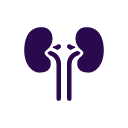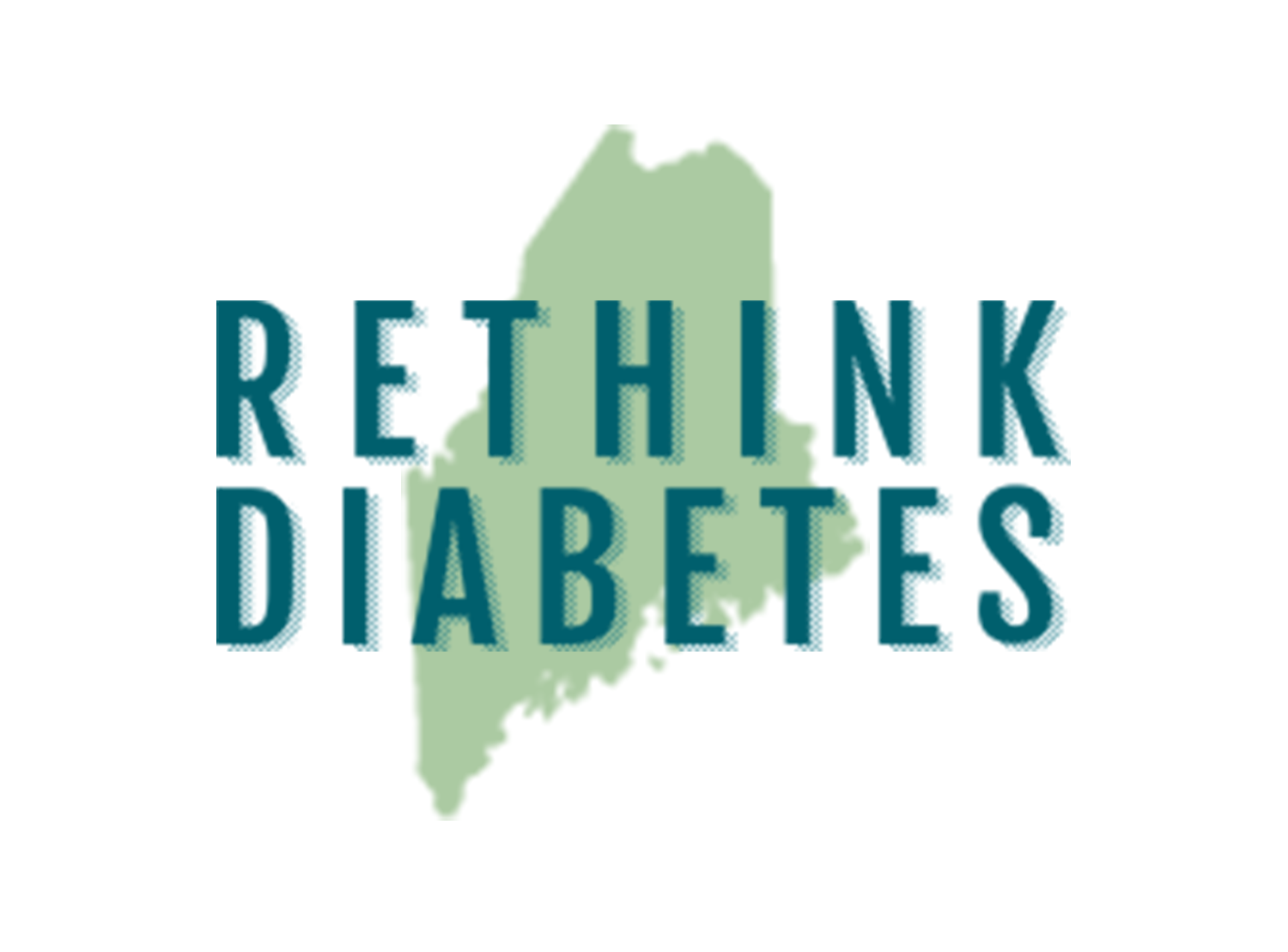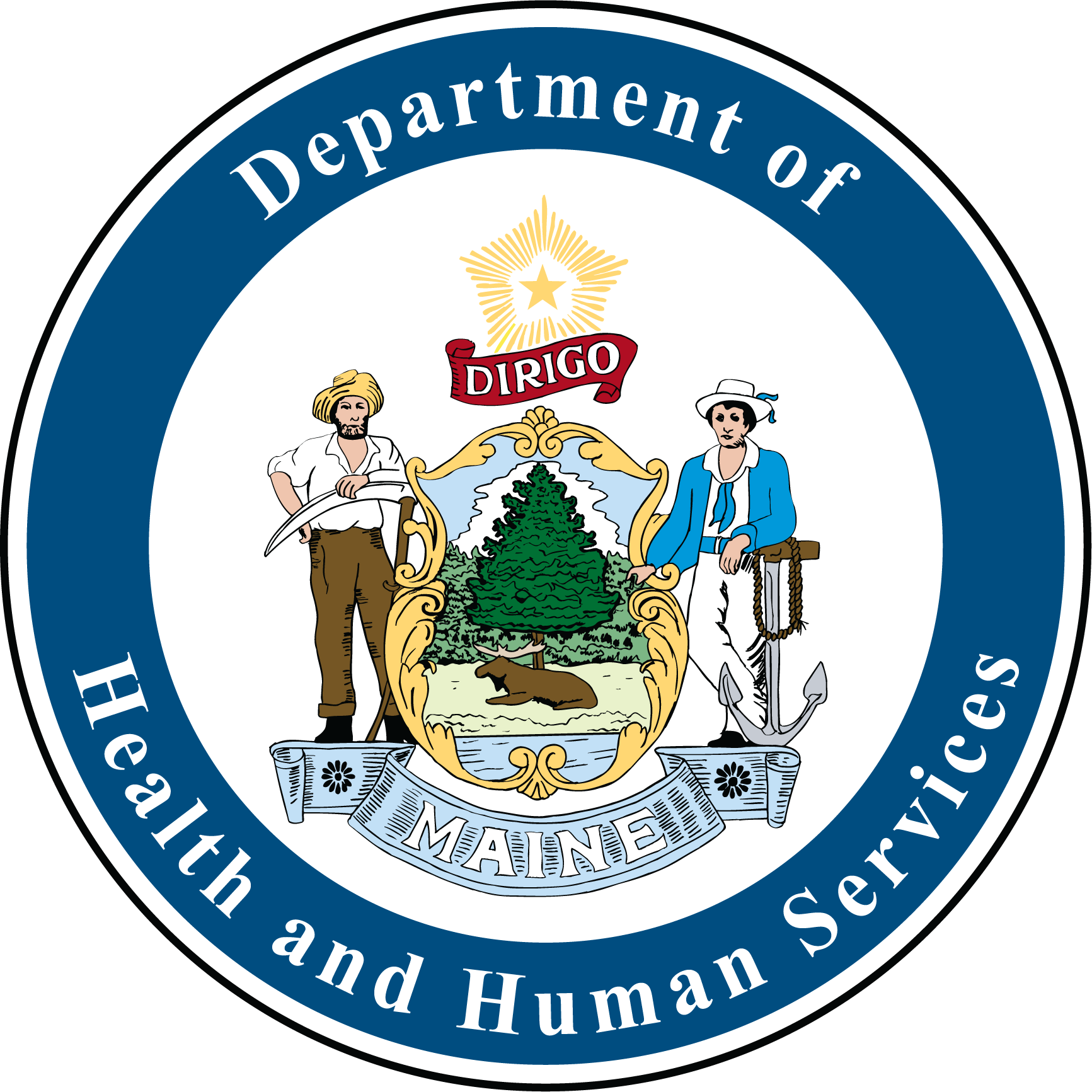Diabetes
What is diabetes?
Diabetes is a disease where there is too much sugar (or glucose) in a person’s blood. It is also called diabetes mellitus. Diabetes can develop at any age.
- When we eat, our body changes much of the food to a kind of sugar called glucose - a major source of energy for the body.
- The body makes insulin to help our cells use glucose for energy. Insulin is a hormone produced in the pancreas, a gland that helps with digestion. Insulin helps blood sugar (glucose) get into the cells of the body.
- Glucose builds up in the blood when the body cannot properly use the insulin it makes, or when the pancreas stops making enough insulin.
- Common symptoms of diabetes include excess thirst, excess urination, hunger and unexpected weight loss; some people develop blurry vision or dry, itchy skin.
- Having high blood glucose for a long time can damage blood vessels and nerves.
- It is important to take care of diabetes to avoid other health problems like heart disease, kidney disease, blindness, and loss of feeling in the feet and legs.
- When a person eats healthy food, stays at a healthy weight, exercises regularly, and follows their treatment plan, they can live healthy with diabetes.

About 100,000 people in Maine have diabetes, which is about one in ten people.

People with diabetes spend twice as much on medical costs when compared to people without diabetes.

Diabetes remains the 7th leading cause of death in Maine.
Diabetes is a challenging health condition at any age and is very costly to Mainers. People with diabetes spend twice as much on medical costs when compared to people without diabetes. This includes direct medical costs as well as the costs related to lost time at work. The American Diabetes Association estimates that direct medical costs for diagnosed diabetes in Maine were $1 billion in 2017. There are programs and services in Maine to help manage diabetes.
Types of Diabetes
Type 1 Diabetes
Type 1 diabetes happens most often in children or young adults. People with type 1 diabetes cannot make any insulin and must take insulin shots as well as engage in daily physical activity and healthy eating. Fewer than 1 in 10 Americans who are diagnosed with diabetes have type 1 diabetes.
Type 1 diabetes is thought to be caused by an autoimmune reaction (the body attacks itself by mistake) that destroys the cells in the pancreas that make insulin. This process can go on for months or years before any symptoms appear. Currently, there is no evidence on how to prevent Type 1 diabetes.
Risk Factors for Type 1 Diabetes
The risk factors for type 1 diabetes are not as clear as for prediabetes and type 2 diabetes. Known risk factors include:
- Family history: Having a parent, brother, or sister with type 1 diabetes.
- Age: Type 1 diabetes can occur at any age, but it’s more likely to develop in children, teens or young adults.
Currently, no one knows how to prevent type 1 diabetes.
Type 2 Diabetes
Type 2 diabetes usually begins in adulthood, but more children, teens and young adults are developing it. Most people who are diagnosed with diabetes have type 2 diabetes. Type 2 diabetes results from insulin resistance, when insulin doesn’t work right anymore. Insulin helps sugar move out of the blood and into the body's cells. Over time, some people with type 2 are no longer able to make enough insulin.
Type 2 diabetes is managed early on with physical activity and healthy eating. Over time, most cases of type 2 diabetes need medicine like pills and/or insulin. Type 2 diabetes can be delayed or prevented through modest lifestyle changes. People can learn how to change their lifestyle before they develop diabetes through the National Diabetes Prevention Program (NDPP).
Risk Factors for Type 2 Diabetes
People have a higher chance of developing type 2 diabetes when they:
- Have prediabetes
- Have a close family member like a parent, brother or sister with type 2 diabetes
- Are Overweight
- Are Older – over 45 years
- Are physically active less than 3 times a week
- Had gestational diabetes (diabetes during pregnancy), or gave birth to a baby who weighed more than 9 pounds
Gestational Diabetes (diabetes of pregnancy)
According to the US CDC, nearly 1 in 10 pregnant women develop gestational diabetes each year. Gestational diabetes usually goes away after the baby is born. Even so it increases the mother’s risk for type 2 diabetes later in life. The baby is more likely to have obesity as a child or teen and to develop type 2 diabetes later in life, too.
Gestational diabetes may be prevented by weight loss and more physical activity before becoming pregnant.
Risk Factors for Gestational Diabetes
A woman is at risk for developing gestational diabetes if she:
- Had gestational diabetes before
- Gave birth to a baby who weighed more than 9 pounds
- Is overweight or obese
- Is over 25 years old
- Has a family history of type 2 diabetes
- Has a hormone disorder called polycystic ovary syndrome (PCOS).
- Is African American, Hispanic/Latino American, American Indian, Alaska Native, Native Hawaiian, or Pacific Islander
If you know someone dealing with prediabetes, diabetes or another chronic condition, there is help. They are in control and can improve their health by making a few simple changes to their lifestyle. Experts agree that small steps can add up to big results.
Complications of Diabetes
Poorly managed diabetes increases the risk of serious health problems such as:

Heart disease and stroke

Heart disease and stroke
People with diabetes are two times more likely to have heart disease or a stroke as people without diabetes.

Blindness

Blindness and other eye problems
Damage to blood vessels in the retina, Clouding of the lens and Increase in fluid pressure in the eye

Kidney disease

Kidney disease

Nerve damage

Nerve damage (neuropathy)
Nerve damage most often affects the feet and legs but can also affect digestion, blood vessels, and the heart.

Amputations

Amputations
Diabetes-related damage to blood vessels and nerves, especially in the feet, can lead to serious, hard-to-treat infections.

Gum disease

Gum disease
Gum disease can lead to tooth loss and increased blood sugar, making diabetes harder to manage.

Depression

Depression
Diabetes increases the risk of depression.
Find Expert Help to Manage Diabetes
Diabetes Self-Management Education and Support (DSMES) or Diabetes Self-Management Training (DSMT)
DSMES services provide an evidence-based foundation to enable people with diabetes to navigate self-management decisions and activities. DSMES/DSMT is a cost-effective tool proven to help improve health behaviors and health outcomes for people with diabetes.
- DSMES/DSMT services are delivered by Certified Diabetes Care and Education Specialists (CDCES) or a health professional with specific diabetes training.
- DSMES/DSMT services meet national standards and follow an evidence-based curriculum
- During DSMES/DSMT patients develop a self-management plan that fits their life circumstances.
- Here is a printable personal care record to help patients keep track of their care:
When should I access DSMES/DSMT Services?
The DSMES Consensus Report 2020 recommends 4 key times to access DSMES services:
- At diagnosis.
- Annually and/or when not meeting treatment targets.
- When complicating factors develop.
- When transitions in life and care occur.
**If you need DSMES/DSMT services or would like to learn more please talk to your healthcare provider about a referral**
How can I find a DSMES/DSMT service?
- To find a DSMES/DSMT service in your area click here
- A provider referral is required to participate in DSMES/DSMT services
- DSMES/DSMT can be delivered both in person and virtually
- DSMES/DSMT can be delivered in groups or individually
“Diabetes is a complex and challenging disease that requires daily self-management decisions made by the person with diabetes” DSMES Consensus Report 2020
Is there a cost associated with DSMES/DSMT services ?
- In Maine, DSMES/DSMT is a legislatively mandated covered benefit. “The State of Maine Legislature enacted Public Law 592 (24 MRSA AN ACT TO Require that Diabetes Supplies and Self-Management Training Be Covered by Health Insurance Policies).”
- Most insurance companies cover up to 10 hours of DSMES/DSMT in the first year.
- This coverage varies per provider; both Mainecare and Medicare provide coverage of DSMES/DSMT services. Check with your insurance provider for more information on specific copays or deductibles that may apply.
Am I at Risk for Diabetes?
If you know someone who might be at risk, have them take the online quiz to find out. They can then ask their doctor for a blood sugar screening test if their score is 5 or more.

